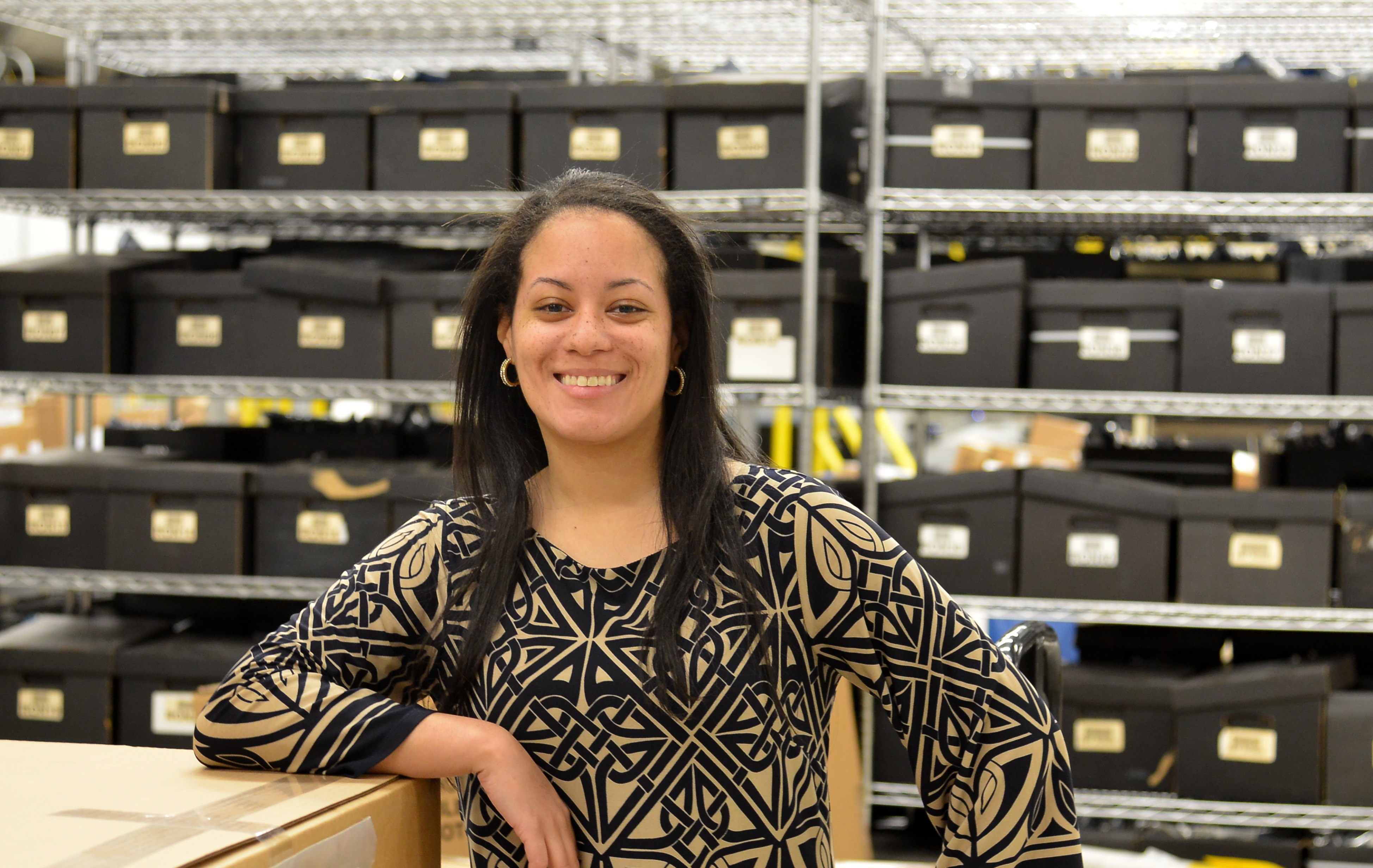30 Under 30 Stars Share Their Perspective On Global Supply Chains
Christina O'Handley May 31, 2017
Supply chains are more global than ever before, and that's reflected in the supply chain workforce of today.
Our 30 Under 30 Rising Supply Chain Stars include professionals that live and work around the world. We recently got to chat with two of those supply chain stars to get their perspective on working in the global supply chain. Here's what they had to say:
 |
Barbara Noseda, a Global Sourcing Associate at Johnson & Johnson. She's a Swiss expat who went to school in Hong Kong and now lives in Pennsylvania. |
 |
Amanda DeCook, a Sourcing Associate working at A.T. Kearney. She currently resides in London, England and has also worked in Australia and Tanzania. |
Global Perspectives Can Help You Solve Supply Chain Problems
Working globally puts you in a new position to not only learn about other cultures, but also discover new business approaches.
“Working on an international team has greatly influenced and enhanced my work," Amanda notes. "It’s enabled me to lift best practices from one region and apply them to a new geography. Being aware and exposed to multiple ways of conducting a task is a reminder that there is no one-way of approaching a problem."
Time Zone Issues Are Unavoidable
One of the most daunting aspects of global supply chain management is working across time zones.
“The biggest challenge to working in a global supply chain is the time zone differences,” Amanda says. “Working on a global team often means calls will be at strange hours and your emails never really stop.”
“You can have the best technology in the world but you can’t beat the time difference for calls, which can be frustrating,” Barbara notes. “Twice a week I’m on calls with Singapore from 9:00 pm to 11:00 pm in my time zone. It’s a challenge but at the same time, it's fun to work with people from different countries."
|
Want to work abroad? Our Rising #SupplyChainStars have some insight. #GlobalSupplyChain |
Communication Is Key
Effective communication skills are essential to the success of a global supply chain. Whether you are communicating with your stakeholders, your suppliers, or your colleagues, everyone needs to be on the same page. That’s why it's important to understand your surroundings and the different terms that might come up when you work with a global team.
“The cultural piece is exciting and challenging at the same time. Parts of America and Europe are very nuanced, which might be very surprising to some.” Barbara notes. “It’s important to be mindful of different cultures. The way I might talk to an American is not the same way that I would speak to someone in Asia, even if I were speaking to them in English. You need to be careful of how you convey your goals to ensure that the message gets across and you don’t offend anyone. It’s a soft skill but it’s such an important skill to have.”
“Local dialects make a big difference. The first time I tried to order a coffee in Australia, I realized you couldn't just say 'coffee;' you need to be specific to get the right order. It was a shock!” explained Amanda. “Spelling, date formats, local lingo, etc. makes a big impact in your communication style, and it is key to adapt to fit the local norms.”
You’ll Find Cultural Similarities In The Most Unexpected Places
Although countries may be on opposite sides of the world, that doesn’t mean they can’t be similar. That’s what Barbara discovered on a consulting trip in Latin America.
“When I was in Peru, I lived in a rural area with no paved roads. It was very Latin American but there were so many similarities to Hong Kong, which is where I went to school,” Barbara noted. “It blew my mind. The cultures are so different but the people behave so similarly it was very interesting. It taught me that most people have the same objectives and work towards the same goals.”
The Willingness To Learn And Be Curious Will Get You Far
So, what can someone interested in working in an international supply chain do to succeed? They must learn to ask questions.
“Curiosity is very important when it comes to working with an international team. Be willing to learn how other geographies approach their supply chain challenges and be curious. It makes a massive impact in reaching a solution,” Amanda explains. “If you try to copy/paste a solution that worked in one region into another without taking into consideration the local characteristics, the solution is destined for problems.”
If You Have the Opportunity To Work Abroad, Take It
"I’d encourage all people to work abroad if they have the opportunity. It’s one of the best experiences and it changes the way you see your life,” Barbara advises. “People back home say I made a lot of sacrifices to move around the world but I wouldn’t trade it for the world. If you get the chance to work abroad, do it. It might seem scary, but there are always people who are willing to help others while they are abroad."
Did you find this useful?









